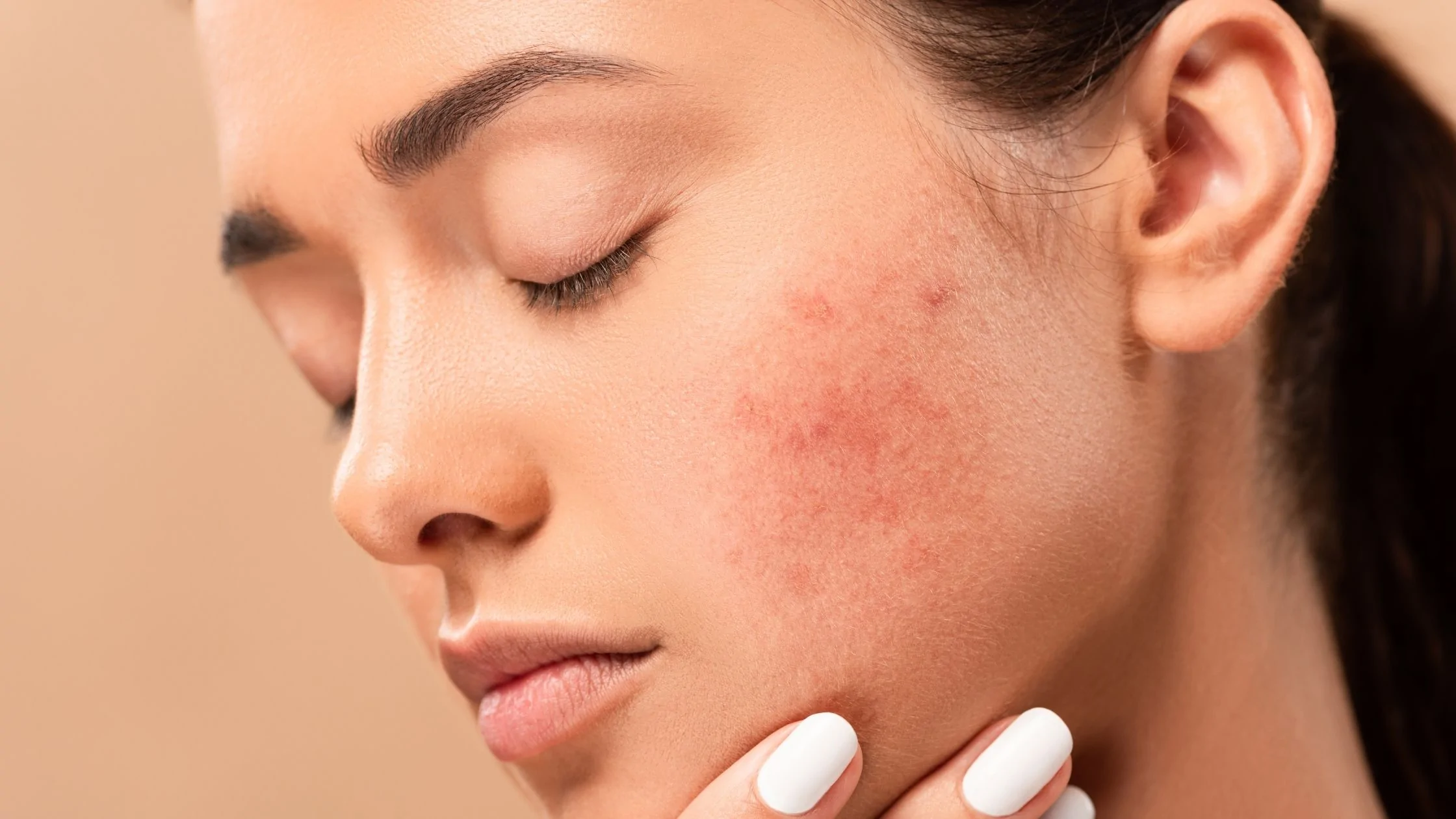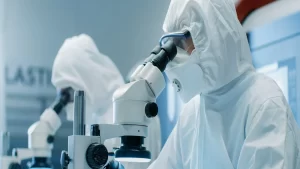
Close Hormonal Acne
While it is possible to get rid of acne with topical treatment, it is important to know that hormones may be a factor in the occurrence of this type of skin condition. This is why a dermatologist can help you to choose the right treatment for your specific case. Fortunately, there are a number of treatments available, and one of them is Microneedling with Platelet-Rich Plasma (PRP). PRP uses the growth factors in the blood to improve the skin’s texture and tone.
There are several different types of hormonal acne. Simple comedones are not inflamed, and other forms are called pustules or nodules. Cysts, on the other hand, are inflamed. Depending on the type of acne you have, you may be experiencing any of these types of breakouts. The main causative factor in acne is the male hormone testosterone. Testosterone is needed for growth in boys and gives strength to girls. It also increases the production of sebum from the oil glands at the base of hairs.
A shift in hormone levels during menopause is one of the leading causes of hormonal acne. In menopausal women, the estrogen level decreases while androgen levels increase. This imbalance causes an increase in sebum, which causes more acne. Although hormone replacement therapy may alleviate your symptoms, the therapy can trigger acne outbreaks in women. Aside from hormonal medications, acne-related hormones can be treated with antibiotics or retinoids.
While hormonal acne often starts during adolescence, it can also develop in adulthood. It is also more common among women than in men, and it is often caused by hormonal pills or treatments that contain progesterone, such as the mini pill and the Mirena coil. While hormones may be a cause of acne, a variety of factors can result in acne, including pregnancy and polycystic ovarian syndrome.
One factor that causes hormonal acne is an overproduction of male hormones. The body produces an increased amount of sebum, which clogs the pores and triggers acne breakouts. A woman’s testosterone level may be higher than that of her male counterpart, which can make acne worse. Some women may experience acne more than their peers and may even be suffering from PCOS. Fortunately, there are treatments available for both severe and mild cases.


